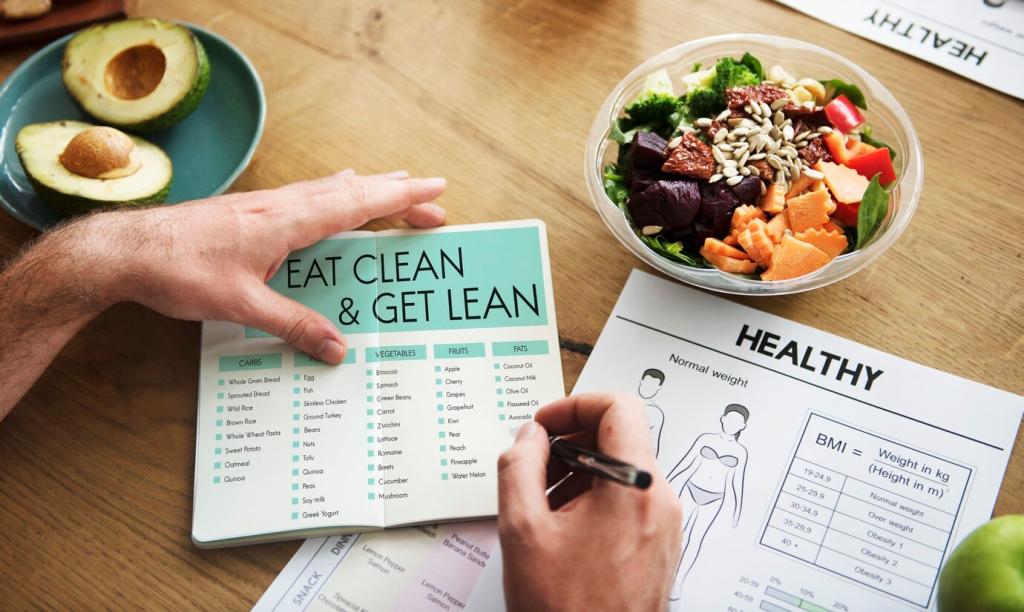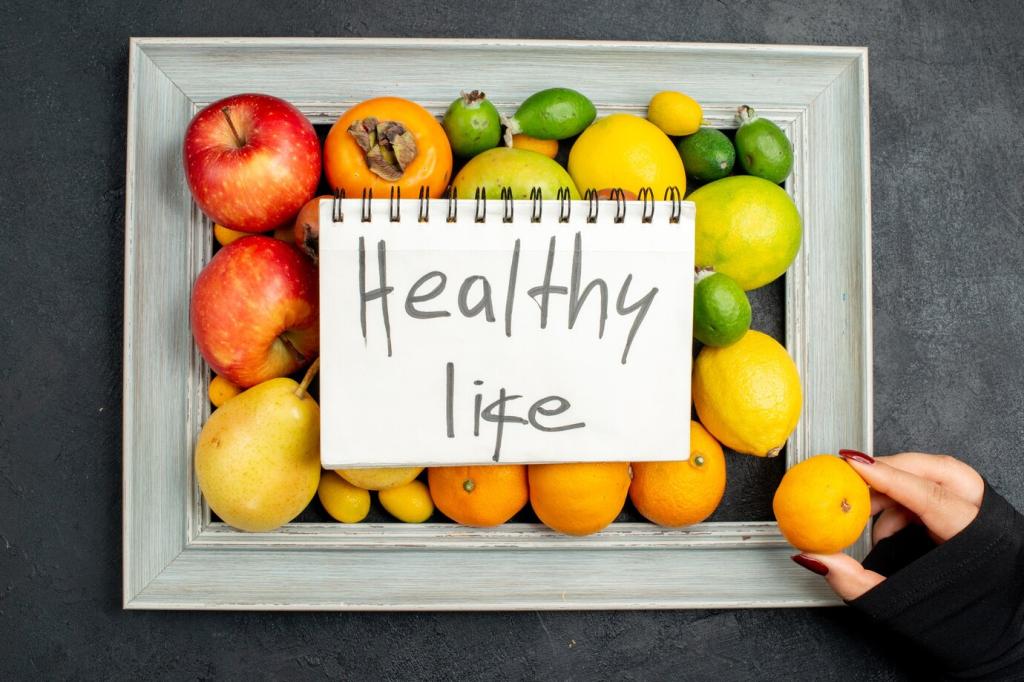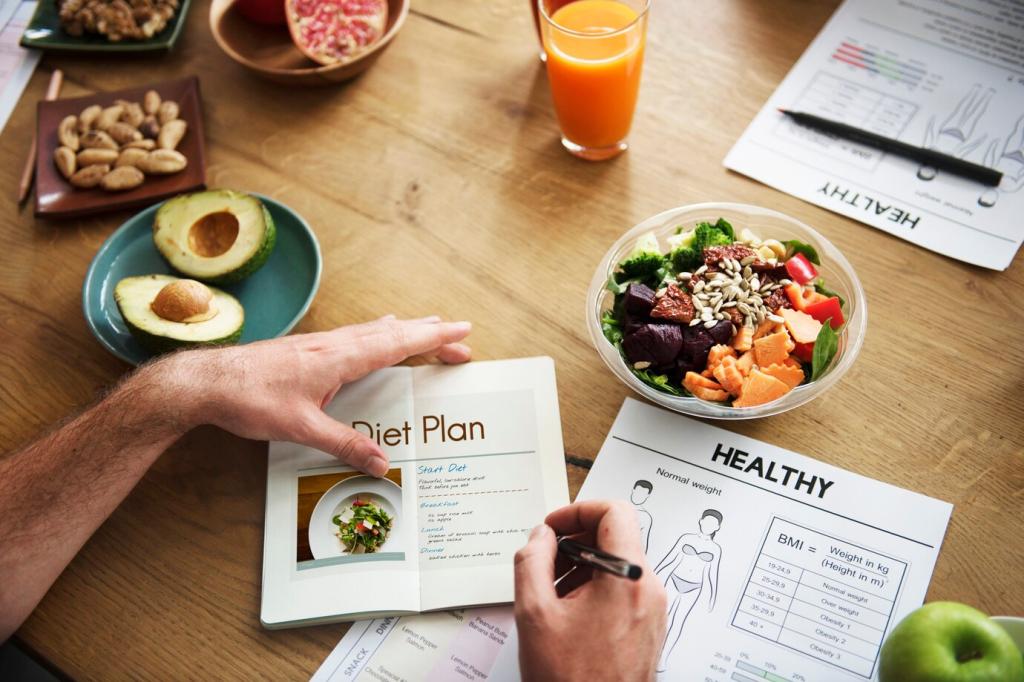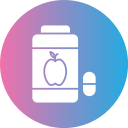Power Up: Pre-Game Nutrition and Snack Ideas
Selected theme: Pre-Game Nutrition and Snack Ideas. Welcome to your game-day fuel hub—practical, athlete-tested strategies and tasty, portable snacks to help you feel light, energized, and mentally sharp before the whistle.

Timing Your Fuel Window
Consider a simple framework: larger carb-focused meals four hours out, a lighter plate three hours out, compact snacks two hours out, and quick-digest carbs one hour before kickoff. This rhythm lets your stomach settle while keeping blood sugar steady and your legs feeling springy.
Timing Your Fuel Window
If your match starts at 7:00 PM, aim for a balanced late lunch around 3:00 PM, a modest snack at 5:00 PM, and a final quick bite at 6:20 PM. That spacing supported one teammate who stopped cramping mid-season after adjusting his schedule.

Macronutrients That Matter
Carbs: Your Prime Accelerator
Carbohydrates refill muscle glycogen, your primary high-intensity fuel. Think ripe bananas, toast with honey, rice cakes, or low-fiber cereal. A common guideline is one to four grams per kilogram in the one to four hours pre-game, based on your timing and tolerance.
Protein: Support Without Sluggishness
A modest amount of protein helps reduce hunger and supports recovery without weighing you down. Try Greek yogurt, a small shake, or a thin layer of peanut butter. Keep servings modest in the last hour so digestion stays smooth and your stride remains light.
Fats and Fiber: Handle With Care
High-fat or high-fiber foods digest slowly and can cause heaviness or urgent stops during play. Save big salads, fried foods, and heavy cheeses for after. Before the game, pick lower-fiber fruits and simple grains to keep your gut calm and your focus on the next play.

Snack Playbook by Time Left
Pick compact, familiar options: rice cakes with jam, low-fiber granola, a small yogurt and berries, or a simple turkey-and-jam half-sandwich. Pair with water or a light sports drink. Share your go-to combos so teammates and readers can build their own lineup.
Sensitive Stomach Strategies
If your stomach is touchy, try rice, oats, bananas, strawberries, sourdough toast, eggs, or lactose-free yogurt. Avoid large doses of sugar alcohols, very high-fiber bars, and heavy dairy. Build a small rotation you trust so you never gamble on an unfamiliar bite.

Dialing Portions for Different Athletes
Kids need simple, small, frequent snacks that respect growing appetites and early nerves. Half sandwiches, fruit cups, string cheese, and mini oat bars work well. Invite young athletes to pick their favorite from a short list and rotate options to keep enthusiasm high.

Travel and Tournament Survival
Use a mini-fridge and electric kettle to build reliable breakfasts: instant oats, fruit, single-serve yogurt, and nut butter packs. Keep crackers and jam handy. Lay everything out the night before so nerves do not rob you of time—or your favorite spoon.

